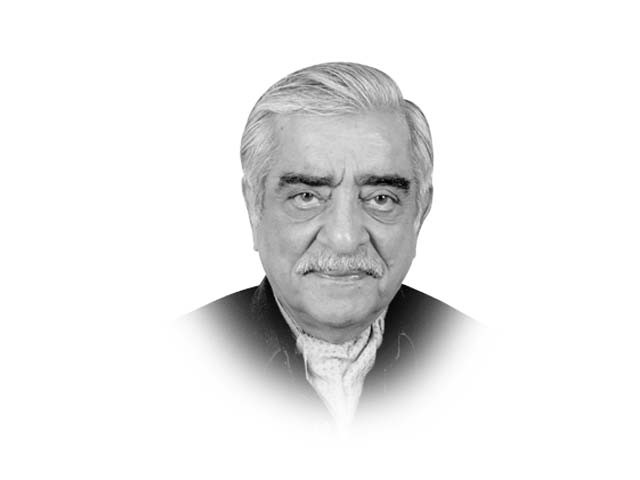What does Pakistan want in Afghanistan?
Pakistan always had a vital interest in the stability of Afghanistan, after years of turmoil it had become more vital.

Pakistan has to realise that this interest did not give it the right to dictate the nature and complexion of the ruling structure in Afghanistan, not only because it would be morally and legally wrong, but also because cold-blooded analysis shows that such an effort was bound to fail. A peaceful and stable Afghanistan can be achieved only if the various Afghan groups, none of whom want a partition of the country, came together and negotiated a power-sharing arrangement and a revised constitution without outside interference. If Pakistan accepts this assumption, then it has to use such influence as it enjoys with Afghan groups and with Afghanistan’s neighbours, near neighbours and the Nato and US forces present there to achieve this objective.
Internally, reconciliation will not be easily negotiated. Over the centuries, Afghanistan’s status as a buffer state has inculcated in Afghan leaders a habit of seeking outside patrons to further their internal political ambitions. In today’s Afghanistan, vested interests of the narcotics dealers, warlords, power brokers and various mafias that thrived on instability will exacerbate this tendency. Working in tandem, Pakistan and Afghanistan can bring this under control.
As regards outside forces, Iran recognises that only a stable structure in Afghanistan could work towards the elimination of the opium production, which supported the drug habits of four million Iranian addicts and occasional users. Whether this important Iranian interest would take precedence over the other Iranian interest of keeping western powers embroiled in Afghanistan is not clear. Getting Iran to recognise that its medium and long-term interests and those of the ECO are best served by a peaceful Afghanistan will not be easy, but it would be worthwhile to try.
Russia wants to keep American influence in Central Asia at the minimum and has already registered its objections to an American presence after 2014. However, it is now offering transit facilities to Nato forces, and makes much of the problem narcotics from Afghanistan have created for Russian youth. Most importantly, Russia wants to avoid Afghanistan becoming the source of troubles in its (Russia’s) predominantly-Muslim autonomous regions. Perhaps, it can be persuaded that only reconciliation can achieve these objectives.
For Pakistan and its security managers, the most important problem is that of India. Many people in India are perhaps prepared to accept that Pakistan’s relationship should be seen as paralleling India’s relationship with Nepal and that all of India’s professed interests in Afghanistan (not to become a safe haven for anti-India terrorists to facilitate India’s overland trade with Central Asia or maintaining India’s traditional relationship with Afghanistan) can best be served by a normalisation of Indo-Pak relations. Many in India also profess an interest in Pakistan’s stability but, there are many more who feel that retaliation against Pakistan, for what it is doing in Kashmir, can best be executed through Afghanistan. This is a mistaken view.
It has now become known that the Taliban have welcomed the setting up of an office in Qatar. This is the time at which President Hamid Karzai has to accept that talks at this venue should go ahead even if they do not meet his conditions. This is also the time that Pakistan has to take bold initiatives without allowing its security obsession to cloud its judgement of what best serves Pakistan’s interests. What they should be, will be the theme of the next and last article in this series.
Published in The Express Tribune, January 13th, 2012.














COMMENTS
Comments are moderated and generally will be posted if they are on-topic and not abusive.
For more information, please see our Comments FAQ